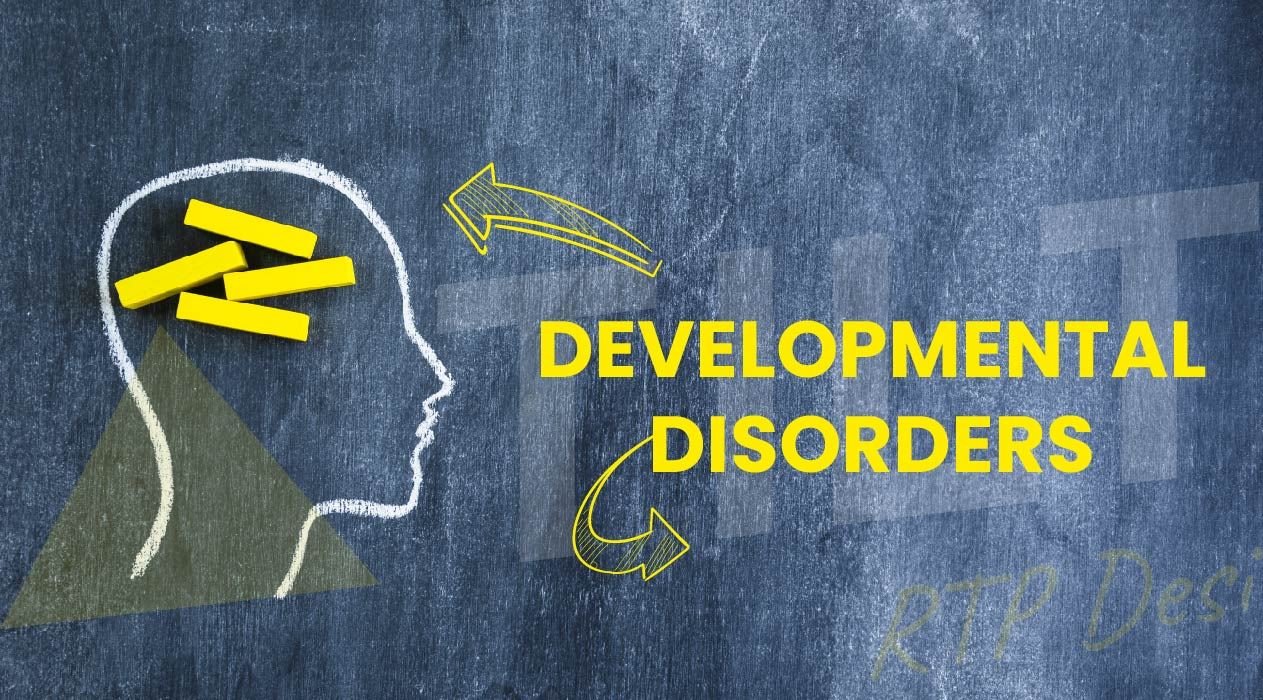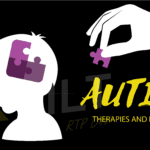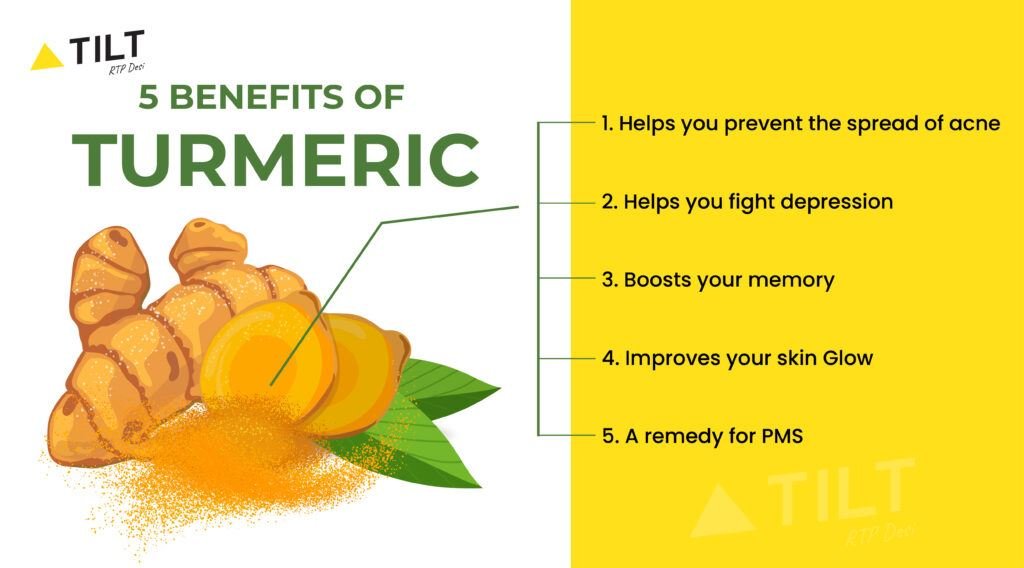What are Developmental Disorders?
Developmental disorders are a set of conditions that impact a child’s growth and development. A child’s learning, socializing, behavioural, and emotional well-being essestial and signifies the affect of disorders. The causes of developmental disorders can vary which also include genetic, environmental, and neurological factors.
These disorders come in various types, each presenting a different group of symptoms and difficulties. Among the most common developmental disorders are autism spectrum disorder (ASD), attention deficit hyperactivity disorder (ADHD), intellectual disability, and language disorders.
Types of Developmental Disorders :
Autism spectrum disorder (ASD) :
Autism spectrum disorder is a neurodevelopmental condition that affects a child’s ability to communicate, socialize, and engage with others. Symptoms of ASD includes difficulties with both verbal and nonverbal communication, repetitive behaviors, and sensitivities to sensory stimuli.
Attention deficit hyperactivity disorder(ADHD) :
ADHD is a condition that affects a child’s ability to pay attention, control impulses, and regulate their behavior. Children with ADHD may have difficulty focusing on tasks, following instructions, and sitting still.
Intellectual disability :
Intellectual disability is a condition that affects a child’s intellectual and adaptive functioning. Children with intellectual disability can have difficulty with learning, problem-solving, and daily life skills.
Language disorder :
Language disorders are conditions that affect a child’s ability to communicate effectively. Children with language disorders can have difficulty with speech sounds, vocabulary, grammar, and comprehension.
Process to Diagnoze Developmental Disorders :
The process of diagnosing developmental disorders is complex as it requires a comprehensive assessment of a child’s developmental history, medical history, and behavior. This assessment involves an analysis of various factors, such as cognitive abilities, language skills, physical growth, and social-emotional development.
Treatment for developmental disorders usually involves a combination of therapies and interventions that address the specific needs of the child. They may include behavioural therapy, speech and language therapy, occupational therapy, and medication management.
The earlier a child is diagnosed and provided with suitable treatment, the greater the likelihood of positive long-term results. The identification and management of developmental disorders in children requires active involvement of healthcare professionals, parents, and caretakers.
Conclusion :
It is important to remember that every child is unique, and the challenges associated with developmental disorders can vary from child to child. However, with the right support, children with developmental disorders can thrive and reach their full potential. Proper care and providing the right treatment will help the child grow and overcome the disorders.






